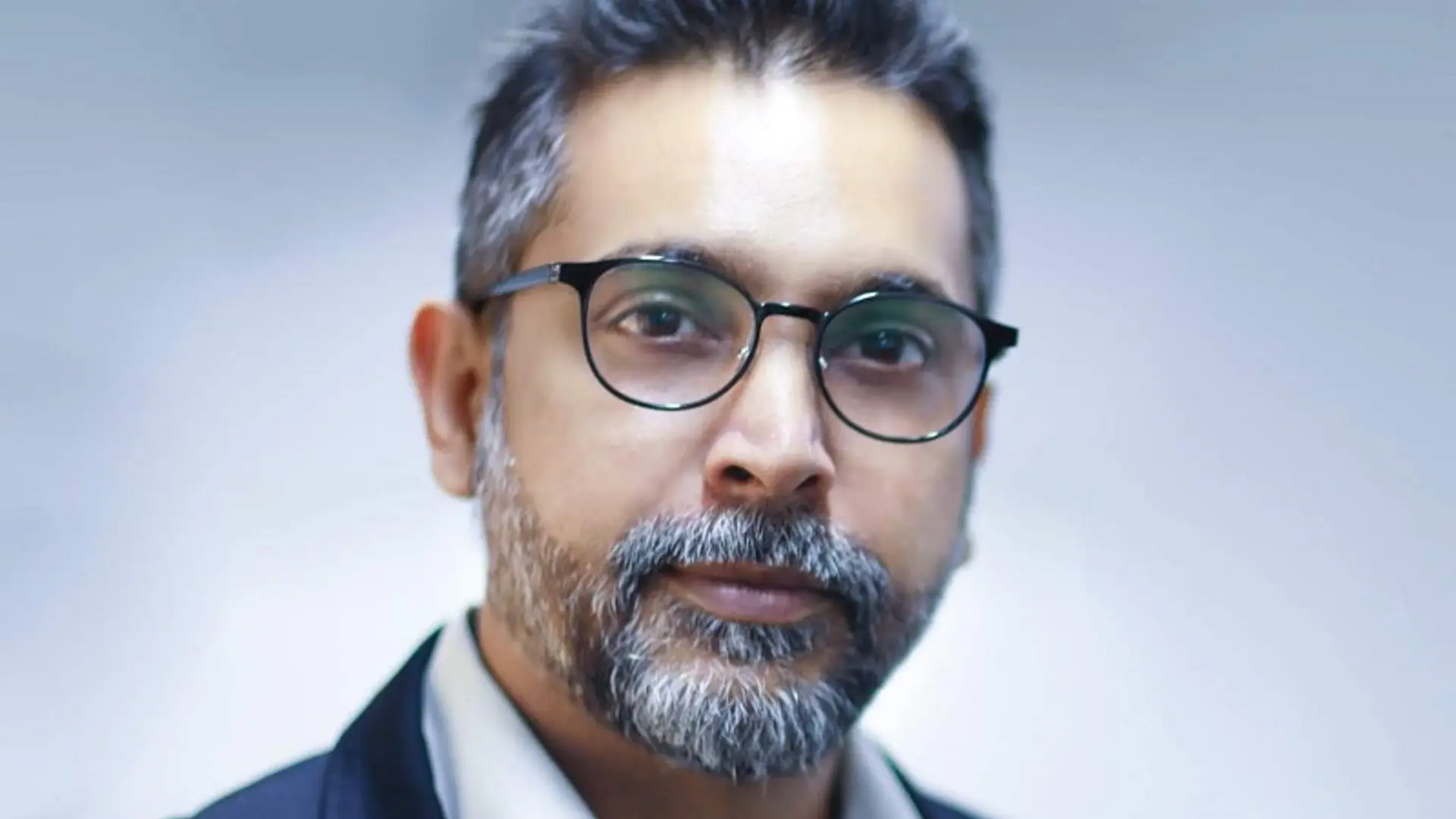How Anthill Ventures is building a community of scalable media, healthtech, and urban tech startups
Prasad Vanga, the Founder of investment and scaling platform Anthill Ventures, speaks to YourStory about their many programmes to help startups scale with speed, the fund’s journey over the last 5 years, and plans for the future.
Prasad Vanga worked with Genpact before he decided to start a seed-stage fund in 2015. His Anthill Ventures distinguishes itself as a speed scaling ecosystem that invests in and helps scales early-stage companies in media, healthtech, and urban tech.
The fund, which has invested in more than 40 startups, has funded the likes of DoctorC and Rooter, and launched several accelerator programmes.
Driven by a strong team across the US, Singapore, and India, Anthill Ventures claims to partnered with some of the most innovative corporations and governments in Asia, giving startups access to valuable connections and resources needed to scale.
The founder, an alumnus of Stanford Graduate School of Business, is an active angel investor and has funded companies like Zenoti. His fund has had four partial exits in six years, and believes that the differentiator is the “ability to make targeted and timely interventions” to move startups to “stronger growth trajectories”. The fund says that it has successfully exited its investments in Ketto, Roadzen, Travelio and Shieldsquare.
As Anthill Ventures readies to launch a large $100 million dollar-plus fund, which is in the works, and the founding team is yet to make an announcement, Prasad talks to YourStory about their many programmes to help startups scale with speed, the fund’s journey over the last five years, and plans for the future.
Edited excerpts from the interview:
YourStory (YS): How many programmes have you conducted and what was the objective?
Prasad Vanga (PV): We have several programmes. Let me start with the India Immersion Program- A-Scale. It is conducted in partnership with Enterprise Singapore. Anthill Ventures selected 10 Singaporean urban tech startups for a market access mission in September 2020. Selected startups were given access to leading experts in the urban tech ecosystem for requisite knowledge, and were introduced to corporates and investors in India to help them in their scaling journey.
Lumos is a healthcare accelerator with capabilities to help startups expand into India, Singapore and other parts of Asia through our strong business networks and access to experts in the industry. For example, with close ties to HCG, we are able to help companies in the oncology space and adjacencies, which include immuno oncology, digital pathology, genomics, and general applications of AI/ML that make more effective use of data for early cancer detection among other things.
We just launched a third programme, Indus-X, which will invest and scale early-stage startups in the urban tech space by bringing together players from relevant stakeholder groups across the ecosystem to accelerate smarter cities.
The verticals we’re most interested in include smart mobility, waste and water, energy and grid, smart security, smart infra and smart governance. Within these, our focus will be to provide mentorship, marketing, brand building, sales, distribution, support, and market access.
We also love brands, and have a programme called Urban-I, an accelerator for consumer brands that service the needs of the new-age consumer.
Through our ecosystem, we try to scale companies with speed by giving them marketing and distribution channels and myriad infrastructure credits. We also align mentors for startups to help with various aspects such as manufacturing or operations.
Lastly, we've also built an in-house marketing team to help address the marketing needs of early-stage companies as the agency model is not conducive to their cashflows. Through Urban-I we want to develop a portfolio of the finest consumer brands across sectors and get access to the best early-stage deals in the consumer space.
Through Anthill Studio, we have invested in startups that have evolutionary technology for content creation and consumption. This includes OTT models, using AI/ML for understanding sentiment analysis around content, creating and disseminating content in vernacular media, and more.
We have partnered with Suresh Productions, Viacom18, Alt Balaji, and numerous other forward-thinking media houses, and luminaries in the field to source, interact, advise, and invest in media tech companies at the edge of next-generation innovation.
YS: How many startups have you invested in? How have the last five years been?
PV: Anthill has invested in more than 40 startups and plans to invest in another 20 startups within the next two quarters through our cohort-based programmes. We have had four full/partial exits in the past five years at an IRR of ~33 percent. Our LPs are a combination of family offices, UHNI, and strategic institutional investors. Anthill’s LP network brings strategic value beyond just the cheque investment.
YS: Everyone is predicting the D2C business will be worth $100 million in five years. How do you see Urban-i working with this?
PV: Urban-I is an accelerator programme for consumer brands that service the needs of the new-age consumer. Through our ecosystem, we enable startups to scale with speed by giving them marketing and distribution channels. We also align mentors for startups to help with various aspects such as manufacturing or operations. Lastly, we've also built an in-house marketing team to help address the marketing needs of early-stage companies.

Prasad Vanga
YS: What have been the challenges over the last five years for a platform like this?
PV: Five years ago, the ecosystem in India was not this developed. Corporate innovation charters were being discussed in board rooms and startup ideas in incubators.
Investors were not high-risk takers, and family offices did not see this as an asset class or understand that venture investing was not the same as other asset classes. Venture investors need an ecosystem of corporate market access, investment across various stages of growth, and continuous business mentoring for scalability.

Prasad Vanga
YS. Everybody is now talking about an ecosystem, but what makes an ecosystem work to help startups succeed?
PV: VCs in India have cohort-based programmes. These include Sequoia - Surge, Kalaari - KStart, Accel Partners - Founder Stack, Blume Ventures - Blume Founders Fund, Arka Ventures Labs (anchored by Blume, Benhamou Global Ventures (BGV) and Emergent Ventures), Axilor Ventures, GSF, Fireside Ventures, and Chiratae Ventures.
Over the next two years, Anthill will expand its sales distribution network globally so we are able to build truly global companies. We will offer new go-to market offerings and a deeper engagement in marketing strategy execution for our portfolio.
We will also have global speed-scaling labs where early-stage entrepreneurs can build their products and leverage the lab ecosystem to scale up.
Edited by Teja Lele








